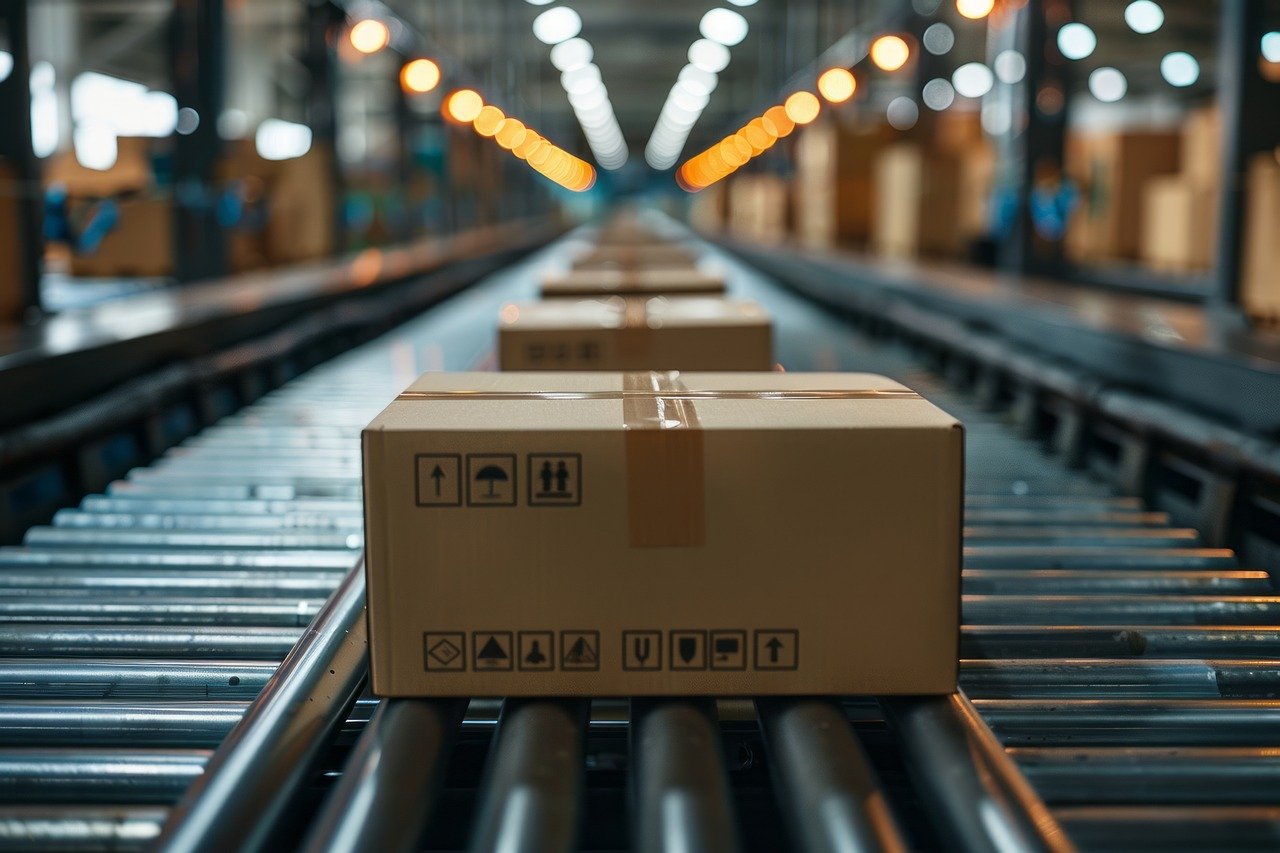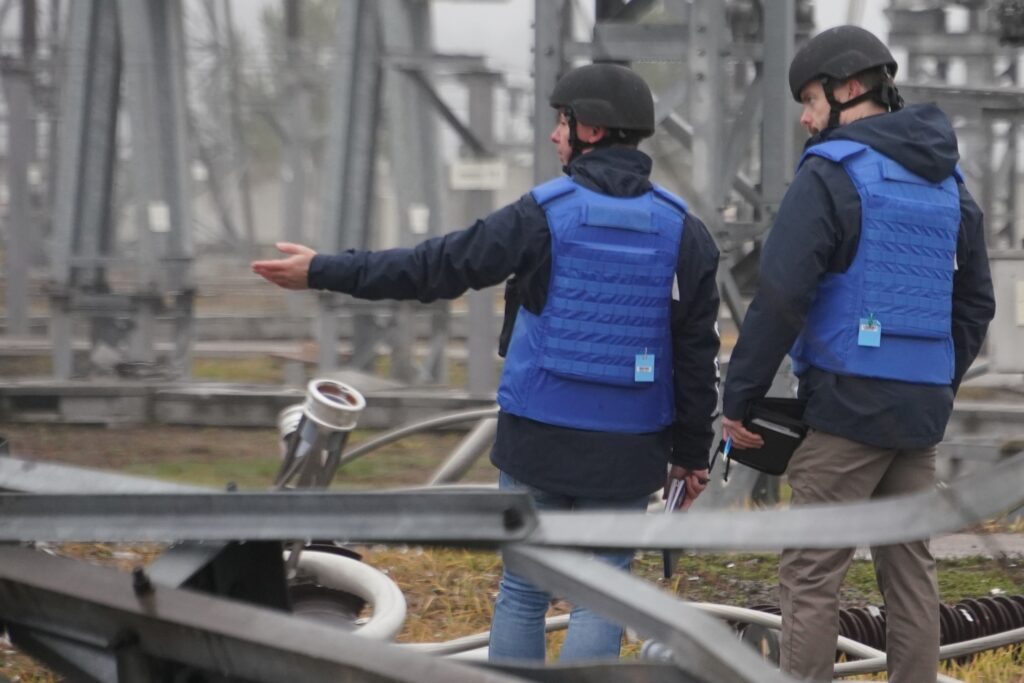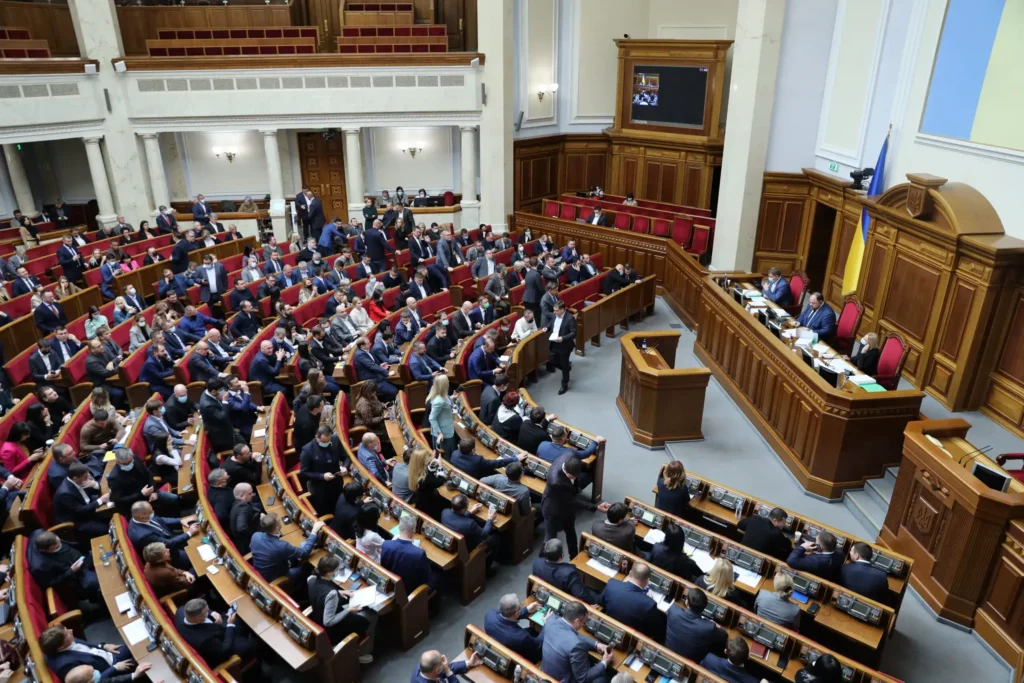Tax on parcels from abroad: how much can things from popular European and Chinese websites cost now?
24 January 2025 14:34
The Verkhovna Rada has registered draft law No. 12430, which provides for the taxation of all parcels from abroad, regardless of their value. The text of the draft law has not yet been published, but Danylo Hetmantsev, chairman of the Committee on Finance, Taxation and Customs Policy, said that it is planned to introduce VAT on all orders from foreign online stores, as well as set new thresholds for tax-free parcels.
According to the proposal, citizens will be able to receive goods worth up to 45 euros without VAT if these goods are sent by individuals, without commercial purposes and without payment. If the value of the parcel exceeds EUR 45, a 20% VAT will be charged.
In addition, goods purchased on international marketplaces and other similar platforms will be subject to VAT regardless of value. If the value of the goods exceeds 150 euros, they will also be subject to import duties.
One of the main points of the new draft law is the introduction of the possibility of paying VAT directly by suppliers of goods or through marketplaces that deliver goods to Ukraine. This will significantly simplify the VAT administration process and speed up customs clearance of parcels.
In addition, the MPs propose to introduce a new customs declaration for low-value goods, which will have similar data to the one used in the EU (customs declaration H7). At the same time, the current forms for declaring parcels will remain in force.
The main changes in the taxation of parcels from abroad will be as follows:
- VAT on purchases from foreign platforms. Goods purchased by individuals on international marketplaces or similar platforms will be subject to VAT regardless of their value. However, import duties will only be charged on goods that cost more than EUR 150.
- Parcels up to 45 euros are VAT-free. Individuals will be able to receive parcels without VAT if their value does not exceed EUR 45. This applies to cases where goods are sent to the buyer’s address by other individuals without payment and without a commercial purpose.
- Payment of VAT by the supplier. To simplify tax administration and customs clearance, the possibility of paying VAT directly by suppliers of goods, marketplaces or other online platforms will be introduced. This means that trading platforms will take care of the VAT payment, which will save the buyer from having to make additional customs payments.
- New customs declaration for low-value goods. For low-value goods, a new customs declaration will be introduced, which will contain a similar set of data to the H7 declaration used in EU countries.
In an exclusive commentary to Kommersant Ukrainian, Oleh Hetman, coordinator of the Economic Expert Platform, explained the importance of the new draft law on taxation of foreign parcels. According to him, the changes envisaged by this document are revolutionary and can significantly affect the international procurement market in Ukraine.
“Now there is a benefit that is actively used by fraudsters. ‘Dealers’ can buy Chinese goods without paying taxes and sell them through online stores or telegram channels. This has become a common practice, where sellers circumvent the rules by working without taxes,”
– Mr. Hetman said.
How the innovations will affect consumers
According to the new draft law, individuals will be able to continue to buy goods on foreign marketplaces such as Aliexpress or Tmall without any additional effort. Value-added tax (VAT) will be automatically added to the price of goods on the seller’s website, not at customs.
“The main advantage of this mechanism is that VAT will be paid at the stage of purchase on marketplaces, and the buyer will not face additional customs payments. This will greatly simplify the process and reduce the administrative burden,”
– explained Oleg Hetman.
One of the main goals of the draft law is to level the competition in the market. Hetman noted that currently Ukrainian producers are forced to pay 20% VAT on their goods, while imported Chinese goods often arrive without this tax, which creates unequal conditions for Ukrainian companies.
“Thanks to these changes, Chinese goods will now be subject to VAT, which will help Ukrainian producers compete on a level playing field. For example, if a dress made in China used to cost much less, now its price will be closer to Ukrainian products,”
– he said.
Читайте нас у Telegram: головні новини коротко
Impact on online shopping and gray schemes
Oleg Hetman also noted that the introduction of VAT could affect numerous online stores that have been operating in the shadow economy, avoiding tax liabilities.
“Small businesses that make money on tax evasion schemes will either have to change their business model or close down. This applies to stores that sold cheap goods without paying taxes through various gray schemes,”
– he explained.
Expectations from the draft law: what will change
According to the Hetman, the new draft law will allow collecting more than UAH 20 billion in additional budget revenues in 2025, which is an important amount for our country’s economy.
“These funds will help the state in a difficult time. In addition, it will stimulate domestic producers and reduce the shadow market,”
– Hetman summarized.
Despite a certain increase in the cost of goods for end consumers, the changes proposed in the draft law will create equal conditions for all market participants. Oleg Hetman noted that the innovations have significant potential for the development of the Ukrainian economy, in particular in terms of combating shadow schemes and supporting national production.
As a reminder, currently parcels worth up to EUR 150 are not subject to VAT and customs duties. The changes proposed by the draft law may have a significant impact on the import of goods and the trade situation in the domestic market of Ukraine.
Possible effects on competition
The European Business Association has previously noted that the current preferential treatment of small consignments of goods may lead to a distortion of competition in the domestic market. In particular, some sellers import goods at a lower value in their declarations in order to “fit” the duty-free threshold of 150 euros. This gives them the opportunity to offer products at lower prices than official retailers, which in turn can cause problems for legitimate businesses.
Thus, if the draft law is passed, its implementation will have a significant impact on the international trade market and domestic competition, and will require adaptation by consumers and entrepreneurs.
Читайте нас у Telegram: головні новини коротко









